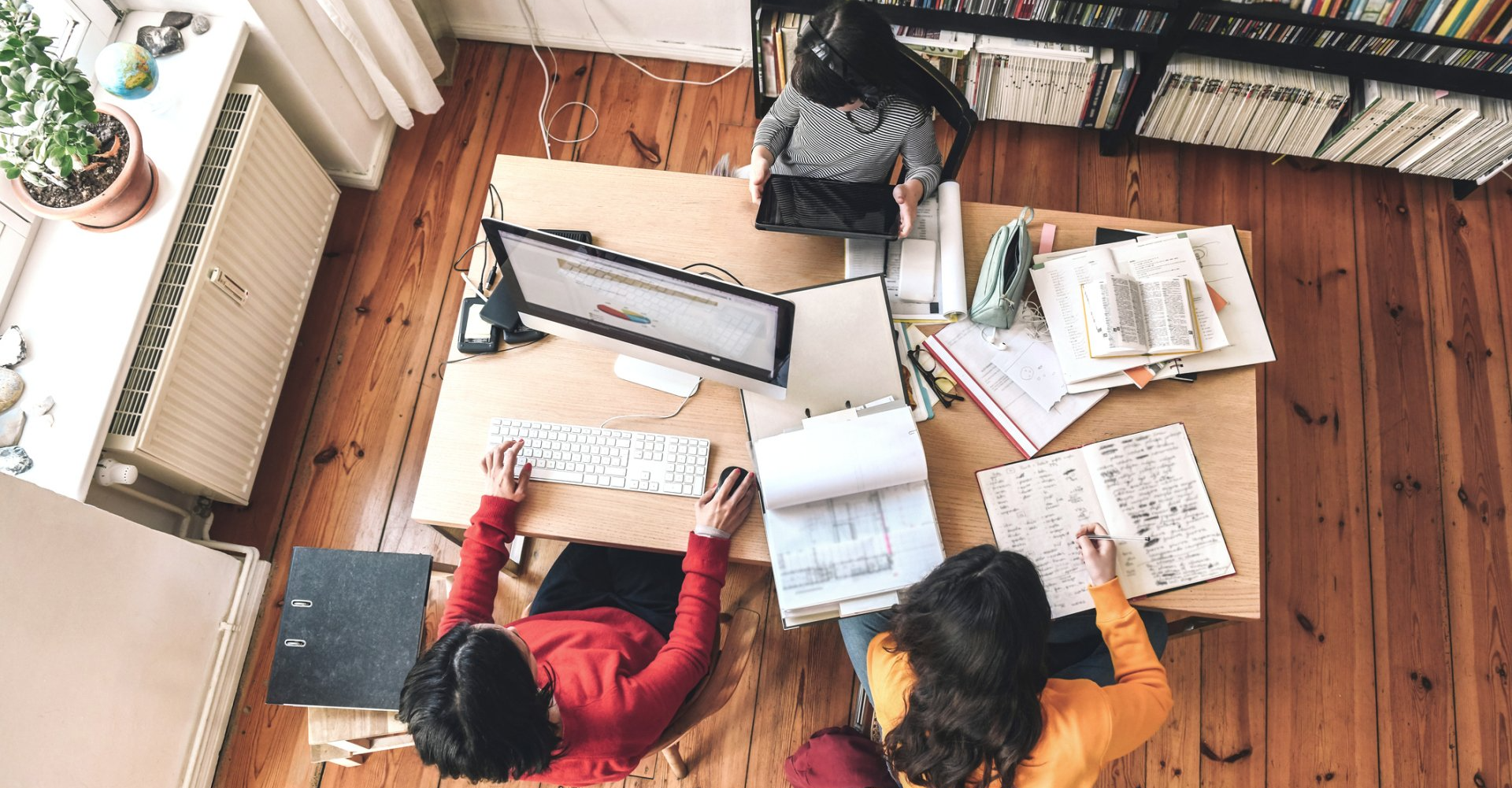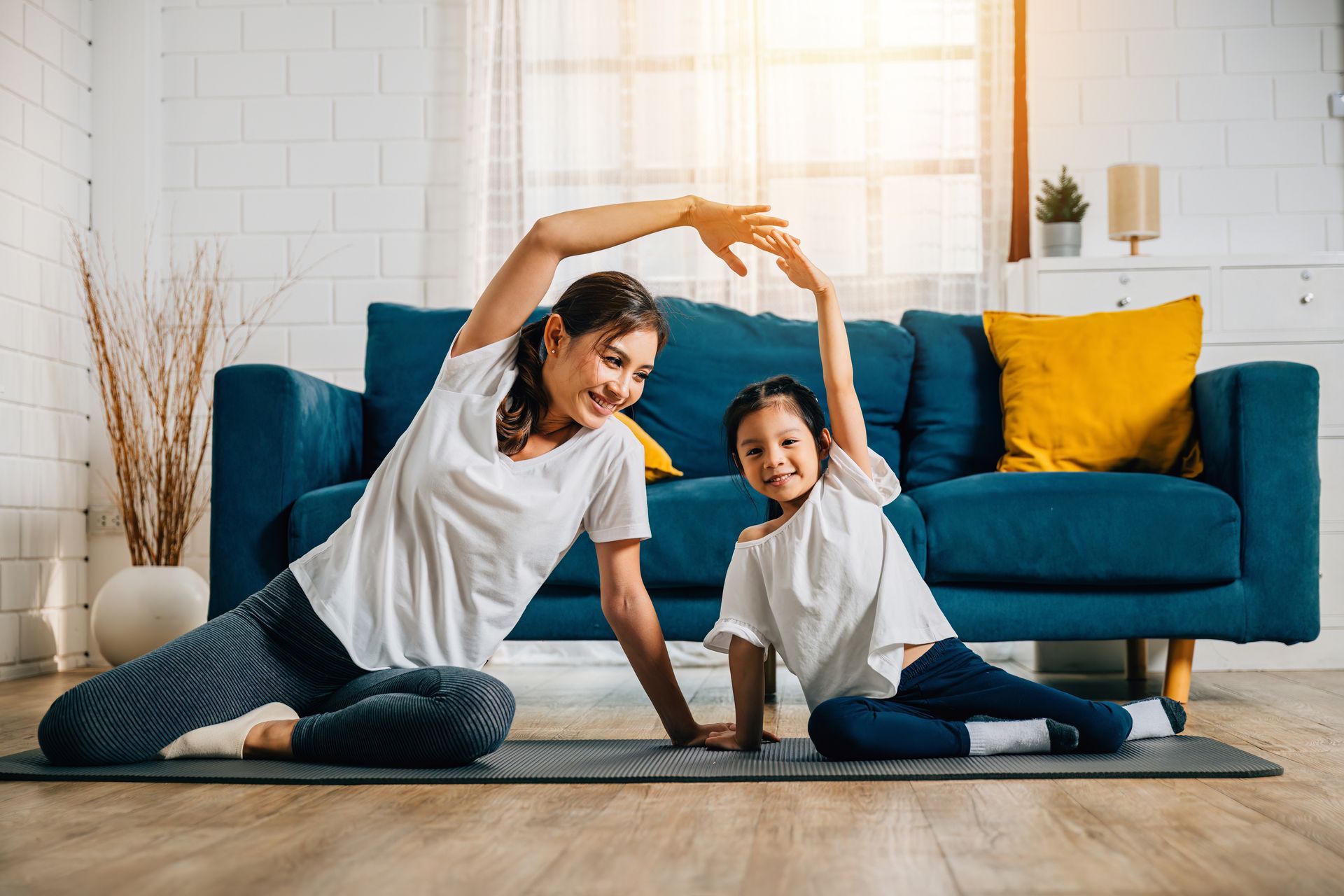Home-schooling Survival Tips for Parents

When news of local schools reverting to home-based learning broke on Sunday evening, messages came flooding in fast and furious from chat-groups of parents from the international school where my daughter and son were attending Grade 6 and 4 respectively.
It would be a matter of time that the ruling extends to international schools, we conceded.
Indeed, a few hours later, the home-based learning regulation was made official by the school superintendent. Like many of my friends and clients who are working mothers with school-going children, my heart sank.
As I skimmed over other information in the memo such as requests to return library books, my thoughts started racing back to my memory bank where my home-schooling survival tips from last year have been happily archived away.
Here are some tried and tested ideas that have helped me get the most out of the previous experience:
Choose your battles
As patience runs thin during home-schooling, I believe in recalibrating rules around the house. However, is it really worth the fuss getting the kids to keep their books neatly stacked and bedroom floor clear of crumbs? An untidy room isn’t the end of the world. I choose to focus my energy on kids' mental and emotional health. How are they coping with the rigours of home-schooling? Are they still having opportunities to connect with their friends? These are what matters.
Bring back the reward chart
Some kids are self-motivated. Unfortunately mine aren’t. It’s surprising but true for my case that reward charts are not only effective when my kids were little, but even as 10 and 12 year olds. Rewards help them stay on task and keep their eyes on the incentives.
Staying focused on their Google Meets and delivering their assignments on time are some of the tasks that would earn them points on their reward chart.
The carefully accumulated points are then up for either instant redemption (online movies purchase, Roblox time / Robux purchase) or when the restrictions are lifted such as sleepover parties, Universal Studio tickets with friends, cook-offs, competitions etc. Involve the kids in the discussion – what behaviour or outcomes are deserving of points and what they’d like to use them for, and when.
Let them retain some control
The never-ending Covid has such a demoralising impact on adults and kids alike. Since we have no control over how Covid will run its course, it’s important for kids to understand there are some things still within their control. For example, letting them plan, decide or even make their own meals during the school week. Thankfully for me, my kids are food-motivated, so this works wonders.
In addition to meal choices, the kids can also decide where they’d like to park themselves during their Google Meets and discussions. Even if it means changing their spot every 15 minutes. Kids are restless by nature - just because they’re laying on the bean bags with their feet against the wall doesn’t mean they’re not working hard.
Build in specific check-in times during the day
Home-schooling can dominate all our waking hours if we let it. Having to juggle my own work during the day, I made it a point to schedule specific check-ins time throughout the day. These are the time windows where the kids could get my help with their school assignments or any other challenges they’re facing. This helps to cultivate their time management skills too.
Put yourself in their shoes
News of the school closure came so abruptly that gives our kids little time for proper farewell to teachers and classmates. Depending on the age of your child, the sense of loss could also extend to missed opportunities for a simple hug goodbye or the grander events like graduations, yearbook signings or year-end performances.
Feelings of sadness are often masked in various ways such as outbursts and tantrums to disconnection. As parents, we shouldn’t take these behaviour personally but to be curious about what’s triggering their thoughts and emotions. It helps to attend to their emotions with empathy.
In addition, show them how to express their feelings in creative ways such as drawing, journaling or even using digital apps that allow kids to script, direct and develop their own animation.
Be their role model
One of the most important strategies I’ve learnt is self-care. Think of the “put your oxygen mask on first” concept. When we show our kids how to cope with life’s stressors in a healthy and self-compassionate way, they can learn to develop the ability to regulate their own emotions, building resilience that can benefit them in the long run.
If you are facing parenting issues during this challenging period, feel free to book a consultation session with Esther.
About the Author: Esther Oon-Bybjerg is a corporate communications manager, branding expert, and trained counsellor. She speaks fluent English and Mandarin. Esther’s main areas of practice cover anxiety, depression, trauma, grief, relationships and intimacy issues. Esther also specializes in career counseling, and volunteers with the Singapore National Council of Social Services. Read Full Bio >










